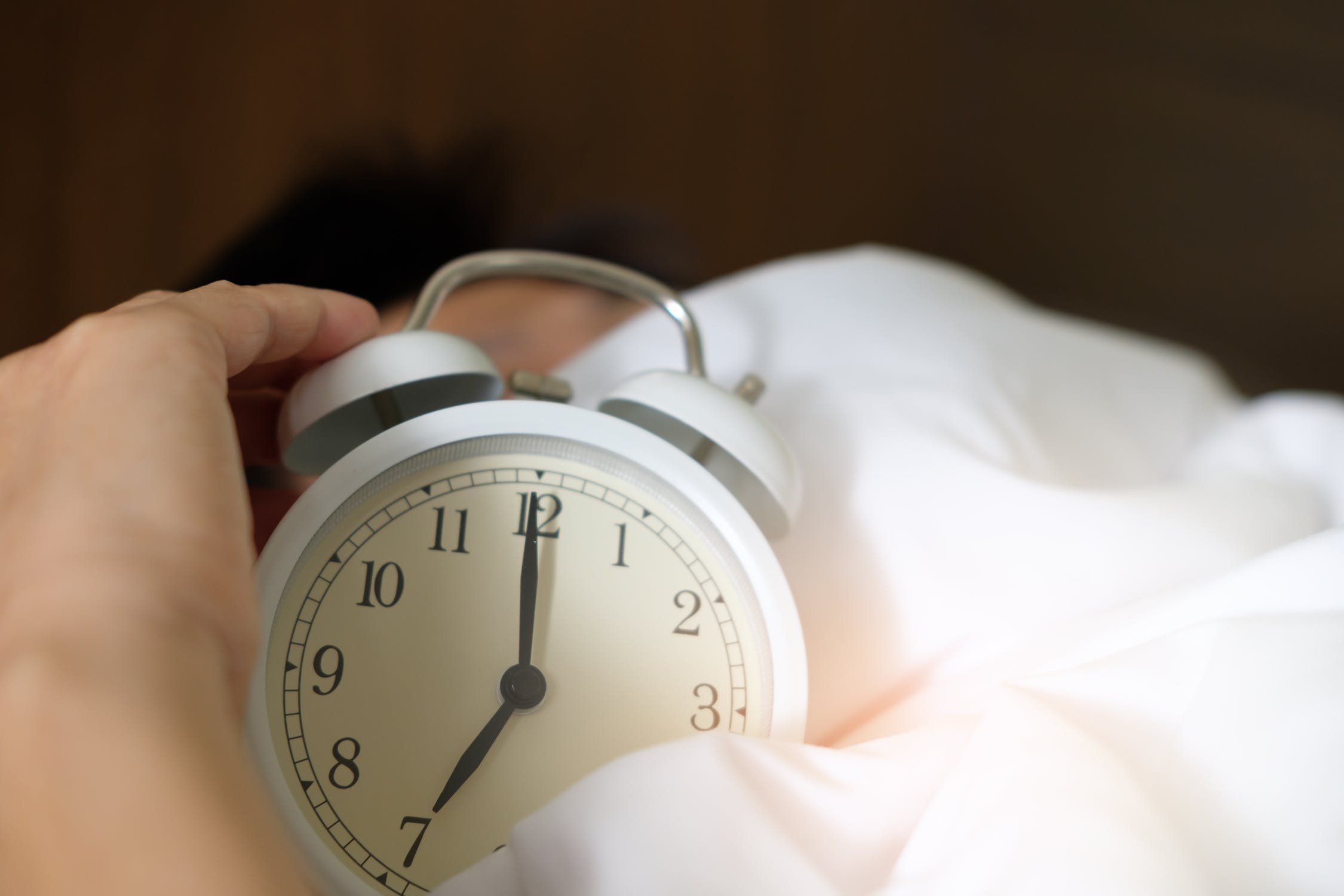Run as part of The Student Housing Company’s wellbeing programme, a recent survey has revealed that 91% of students suffer from poor sleep at university, with stress cited as the biggest contributing factor.
Whilst students have always had a poor reputation for sleeping late and napping in lectures, a worrying two thirds (65%) of students are getting fewer than the recommended 7-9 hours’ sleep per night. The study, which analysed the sleeping patterns of students in major UK cities in the run up to World Sleep Day on Friday 16th March has raised concerns for student welfare across the country.
When asked what the biggest impact on sleep short-term was (across different nights of the week), 54% cited academic work. Almost half (45%) of students also admitted that their long-term sleeping patterns were worse around exam time and when deadlines are looming.
Overall 76% claimed that stress levels play a role in their quality of sleep, with digital distractions such as mobile phones, social media and TV cited by another 38%. The figures are despite the fact that half of those polled also take measures to ensure they’re living a healthy lifestyle, either by carefully monitoring their diet or by taking regular exercise.
On average students across the nation are getting just six and a half hours sleep per night, and 26% are getting fewer than 5 hours. With just 6 hours and 18 minutes per night students in Sheffield are suffering the most, and while students in Nottingham get the most sleep of those polled, they’re still falling below the recommended minimum of 7 hours per night.
Worst student cities for sleep
1. Sheffield: 6 hours 18 minutes/night
2. Leeds: 6 hours 24 minutes/night
3. Birmingham: 6 hours 24 minutes/night
4. Belfast: 6 hours 30 minutes/night
5. Coventry: 6 hours 30 minutes/night
6. Manchester: 6 hours 30 minutes/night
7. Glasgow: 6 hours 30 minutes/night
8. London: 6 hours 36 minutes/night
9. Edinburgh: 6 hours 42 minutes/night
10. Nottingham: 6 hours 54 minutes/night
Perhaps most alarmingly, the study also unveiled a lack of understanding amongst the student population as to the potential health implications that long-term sleep deprivation can have. While most of those polled were familiar with the mental implications, including lack of concentration (72%), lower academic productivity (61%), depression (61%) and anxiety (59%), very few were aware of potential physical implications including increased risk of falling victim to diabetes (10%), cancer (7%) and obesity (22%). Just 7% were aware that long-term sleep problems can increase the risk of Alzheimer’s.
Lisa Artis, from The Sleep Council, which raises awareness of the impact that good sleep has on health and wellbeing, said: “University can be a stressful time for students, and this directly impacts how they sleep. As we would expect, The Student Housing Company’s research showed a huge uplift in students sleeping poorly around times of high stress, such as in the build up to exams. However, a good night’s sleep is one of the most important tools for doing well in your studies. Perhaps most importantly, however, sleep is a vital part of a healthy lifestyle – and this is something that is often overlooked.
“73% of those polled said they would attend classes on improving sleep as part of a healthy lifestyle if they were offered them, showing that students have an appetite to learn more about what is a fundamental aspect of their wellbeing.”
Bobbi Hartshorne, Head of Student Wellbeing at The Student Housing Company, said: “As Generation Z (born 1997-2010) increasingly represent our student body, we expect to see a marked shift in students seeking information, advice and guidance on how to optimise their wellbeing.
“The Student Housing Company’s unique and holistic student wellbeing programme aims to equip students with the right knowledge to make healthy lifestyle choices during their university career and into their working lives. Our sleep initiatives as part of World Sleep Day are just one example of how we’re raising awareness, providing practical solutions and demonstrating that we really do want to see our student residents thrive.”
As part of its campaign in the run up to World Sleep Day, The Student Housing Company is running a series of experiential events to promote the importance of good quality sleep.
Tips for students looking to improve their sleep over the upcoming exam period:
• BE PREPARED.
The best way to manage stress and anxiety around exam time is to be as prepared as possible. Draw up a rough ‘revision timetable’ of what you need to revise when, to ensure every subject is covered – and stick to it!
• STOP CRAMMING.
Young adults need at least seven hours of sleep every night – so no pulling an all-nighter to cram for an exam! Lack of sleep results in poor coping strategies for managing stress and ‘fuzzy’ thinking. The best bet by far is to study often and in advance and build in a good rest before the big day.
• GET PHYSICAL.
Physical exertion provides an outlet for mental stress. Let off some steam by walking, running, getting involved in a sport etc. Just don’t exercise too close to bedtime!
• PRIORITISE.
The sheer amount of revision to be done can sometimes seem overwhelming. Set priorities and work on the most urgent first. Break tasks down into manageable chunks and set goals that are achievable.
• PRACTICE A RELAXATION TECHNIQUE.
Relaxation techniques can help to create a sense of calm and are simple to perform in the bedroom without any special equipment. Deep breathing with your eyes closed is a simple way to remedy stress. Focus on your breath as you deeply inhale and exhale.
• CHANGE THE SCENERY.
Persistence is key when it comes to studying, but a change of scenery can reduce stress levels. Head outdoors to breathe in some fresh air and, if possible, take a walk. Sprucing up your space such as changing posters around or tidying your room is another way to change the scenery when you can't break away.
• SOCIALISE – A LITTLE!
Getting together with friends is another healthy way to blow off steam and chat with others who know just how you feel. Sometimes just being around other people who understand is enough to feel better – at other times, talk about your stress and ask for help from family and friends.
• EAT WELL.
Stress eating can seriously disrupt healthy eating habits. Ditch the chocolate and crisps and keep healthy, easy-to-eat snacks around such as nuts, fresh fruit or raw vegetables.
• POSITIVE SELF-TALK.
Thoughts, feelings, and behaviour are connected so it’s important to monitor self-talk, focus on the present, set realistic goals, and remain appropriately optimistic.







